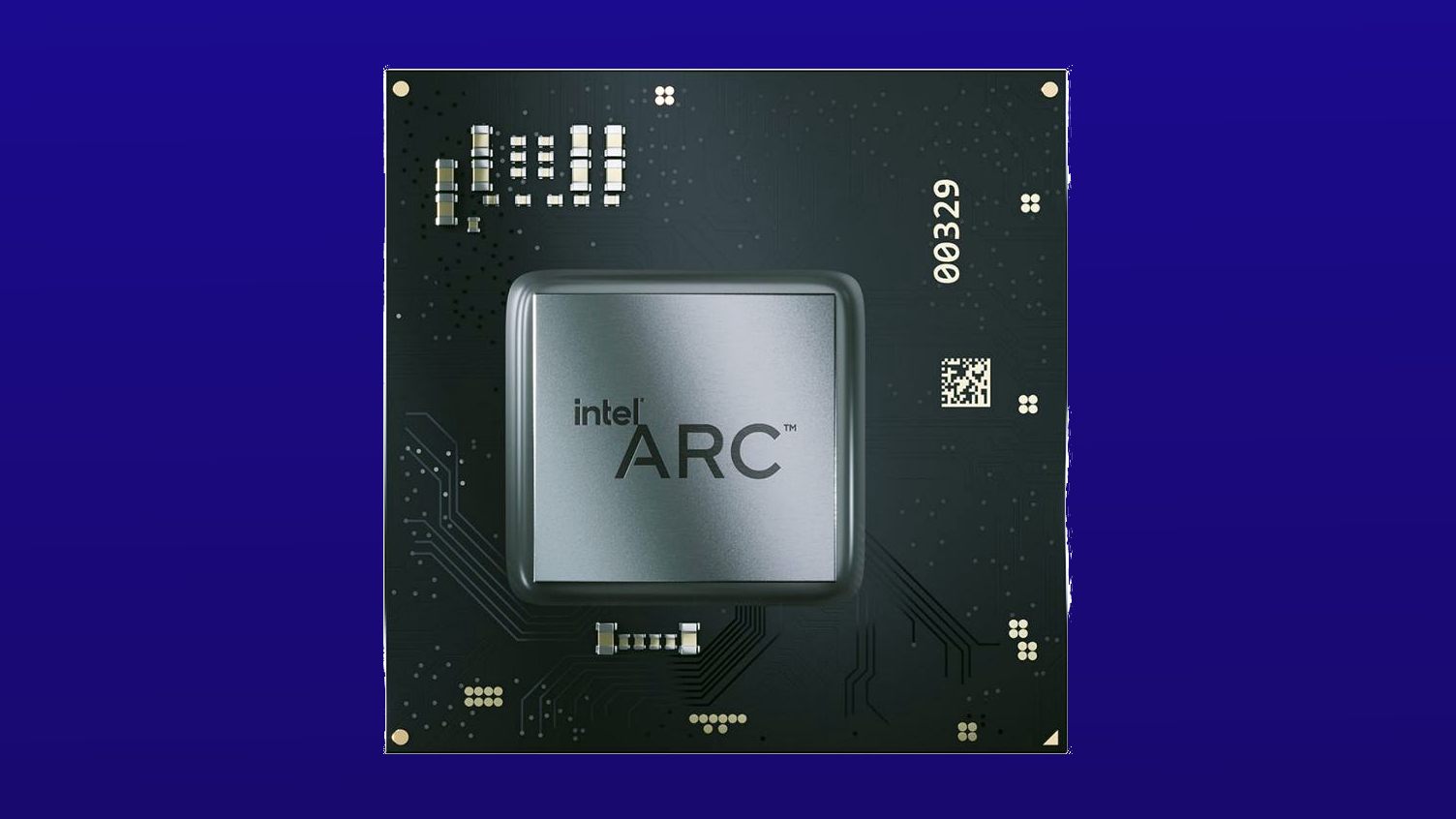Intel claims Arc A750 beats Nvidia RTX 3060 — here’s why I’m excited
We need a viable rival to Nvidia and AMD

Intel Arc desktop GPUs are set to have their global launch later this summer. In preparation, Intel recently released a video and blog post detailing what its Arc A750 Limited Edition GPU is capable of. Based on what the company showed, its upcoming graphics card is apparently more powerful than an Nvidia GeForce RTX 3060. I find that prospect extremely exciting.
Specifically, Intel pitted the Arc A750 against the GeForce RTX 3060 and compared their relative performance across a range of games running at 2560 x 1440 resolution and High preset settings. As Intel’s Ryan Shrout explains in the video, all tested titles ran better on the company’s GPU. This includes F1 2021, which ran 17% better, all the way to Fotrnite, which ran 6% better.
Prior to this, Shrout tweeted a video showing Monster Hunter: Rise running over 90 frames per second on the Arc A380 graphics card with graphics settings set to medium and resolution at 1080p. Another video shows PUBG running on the A380. Like Monster Hunter: Rise, this game ran very smoothly at medium settings and 1080p resolution.
More from our Intel Arc Graphics journey in gaming: check out the Intel Arc A380 and @MonsterHunter Rise: Sunbreak running over 90FPS! pic.twitter.com/G02E3WVSGkJuly 12, 2022
These are impressive results to be sure, though I’d like to see what our own independent testing reveals. Still, if these numbers hold true, it bodes well for Intel’s desktop GPUs. It gets me excited about what the future holds for the GPU market.
I want Intel to be a viable rival to Nvidia and AMD
As a PC gamer, the prospect of a new challenger in the GPU wars is thrilling. This particular battlefield has long been the domain of Nvidia and AMD. I think it would be beneficial to the industry and players alike to have a strong third option. Competition breeds excellence, after all. Because of that, I want Intel Arc GPUs to be a legitimate rival to Nvidia and AMD.
But before Intel can begin claiming ground, it has hurdles to overcome. The first is the ongoing global chip shortage. While GPU prices have finally begun falling and the components are somewhat easier to obtain, we likely won’t see the end of shortages until perhaps 2024. It makes me wonder if Intel can release enough graphics cards at retail price to compete with Team Green (Nvidia) and Team Red (AMD).
And as silly as this may sound, brand loyalty is something else Intel has to contend with. It may be difficult to sway people deeply invested in either Nvidia or AMD graphics cards and processors to switch over to Intel’s new GPUs. Perhaps folks with Intel CPUs in their gaming rigs would be more open to getting an Intel GPU, but it could be difficult getting AMD enthusiasts to make the leap, even if Arc GPUs are compatible with AMD CPUs (which they are).
Get instant access to breaking news, the hottest reviews, great deals and helpful tips.

Would I get an Intel Arc GPU for myself? If the GPUs end up being as good or better than Nvidia or AMD’s graphics cards then I’d be more than willing to have one in my gaming PC. That may not be for some time as the Nvidia GeForce TX 3080 Ti I currently have will likely be viable for high-end PC gaming for the foreseeable future. But in five or six years' time, I’ll certainly consider whatever iteration of Arc GPUs are available.
I personally hope Intel Arc not only delivers the goods but finds success in the marketplace. Again, healthy competition is always good and I’d like to see Intel make Nvidia and AMD sweat a little. The end result should be better (and hopefully cheaper) graphics cards across the board. I think that's pretty darn exciting.

Tony is a computing writer at Tom’s Guide covering laptops, tablets, Windows, and iOS. During his off-hours, Tony enjoys reading comic books, playing video games, reading speculative fiction novels, and spending too much time on X/Twitter. His non-nerdy pursuits involve attending Hard Rock/Heavy Metal concerts and going to NYC bars with friends and colleagues. His work has appeared in publications such as Laptop Mag, PC Mag, and various independent gaming sites.
 Club Benefits
Club Benefits





